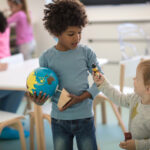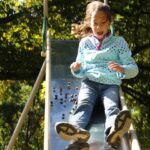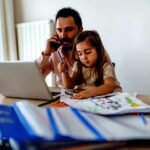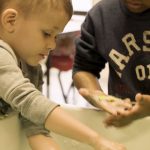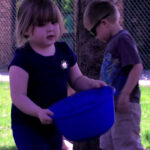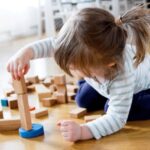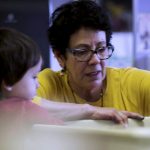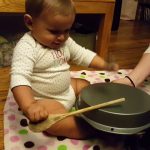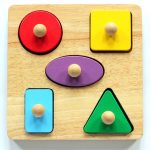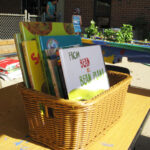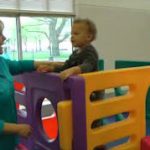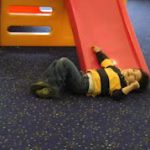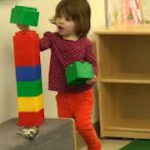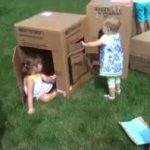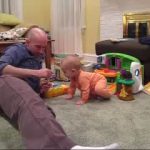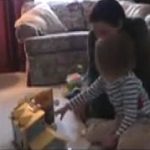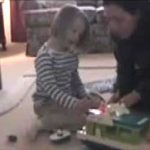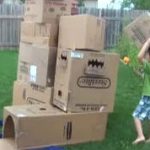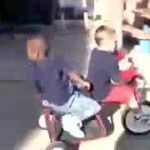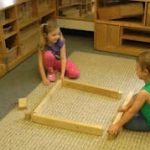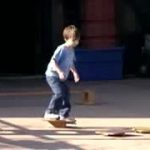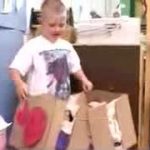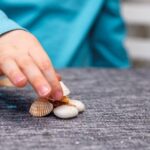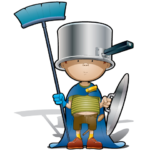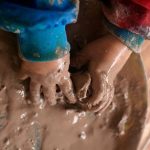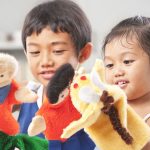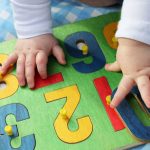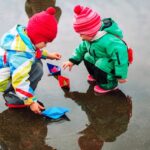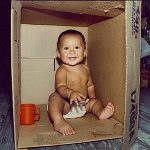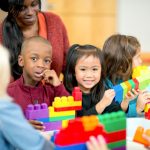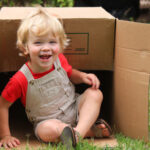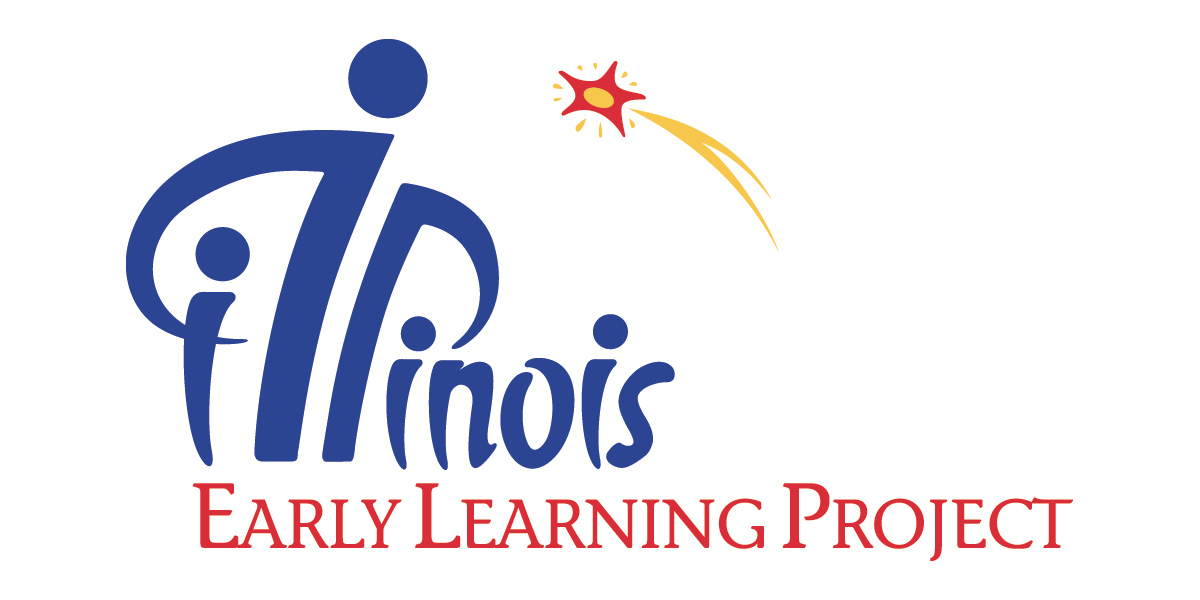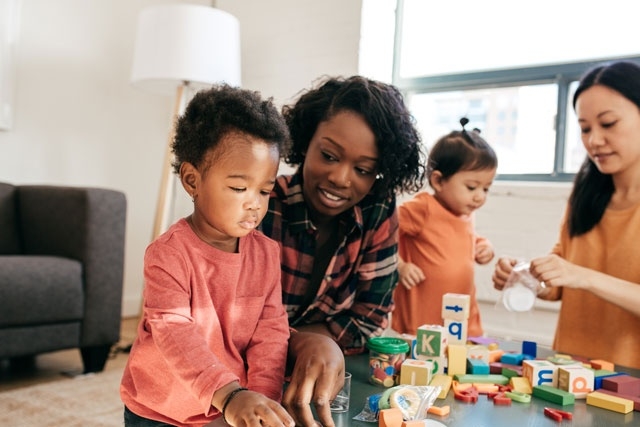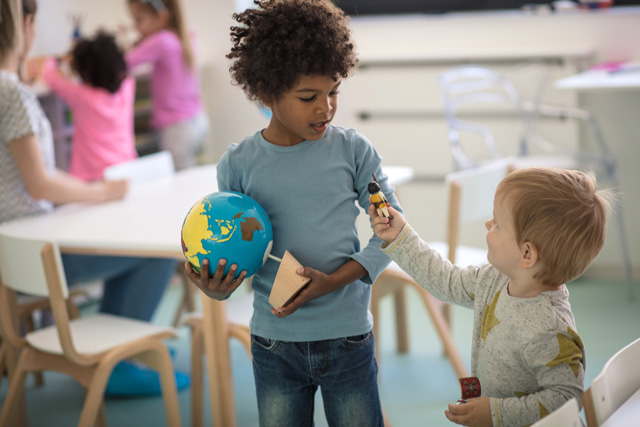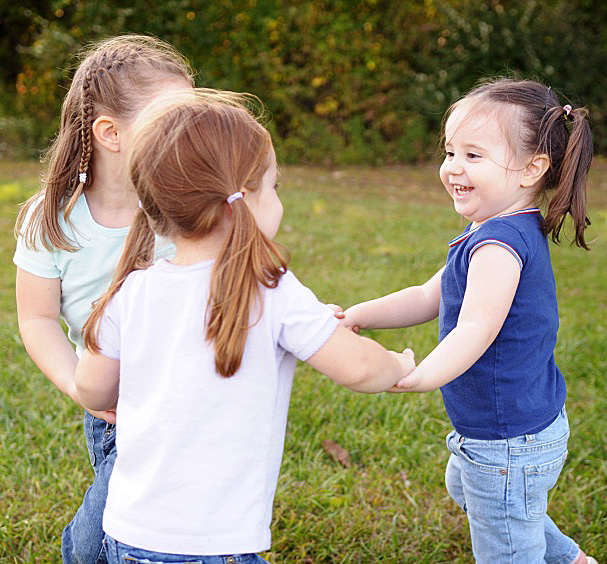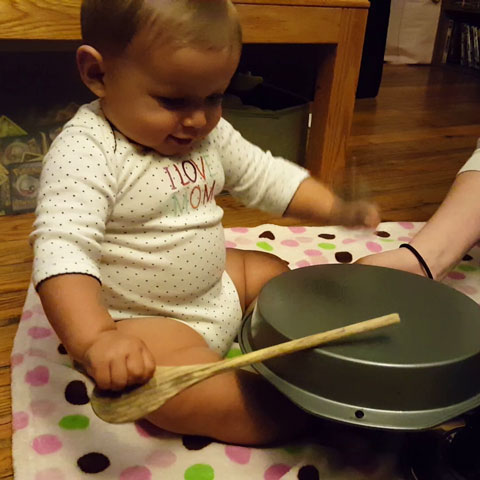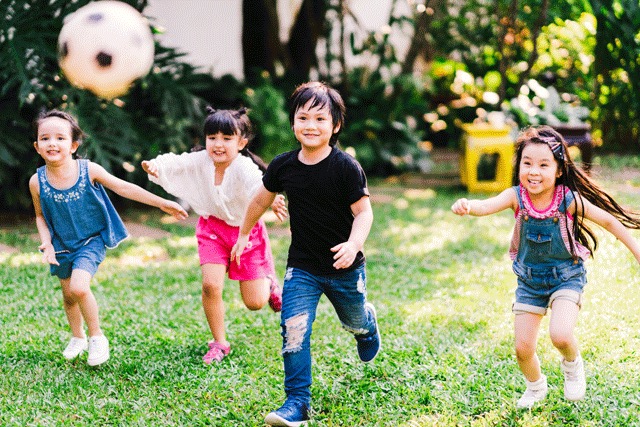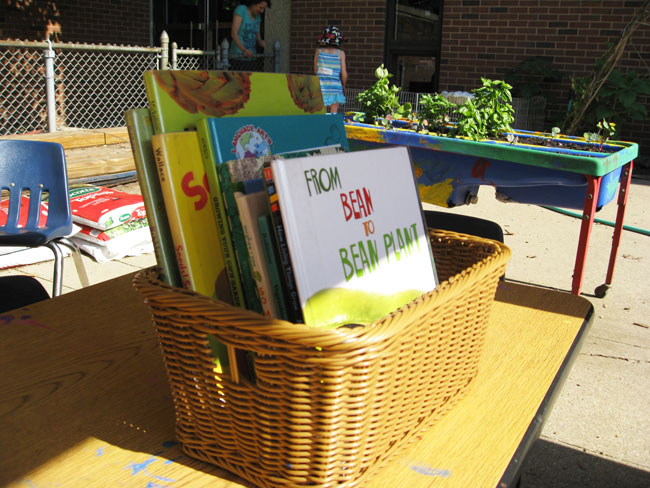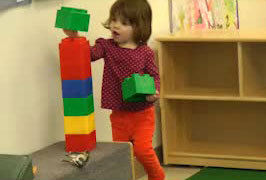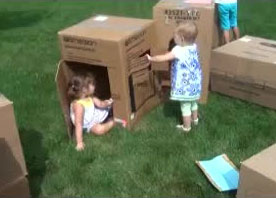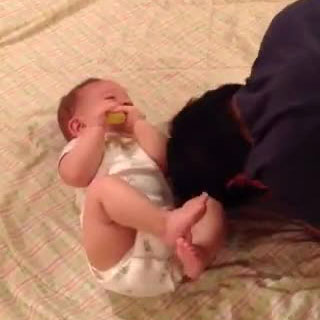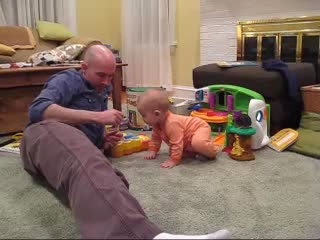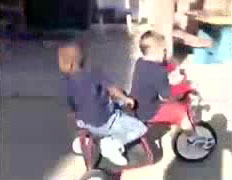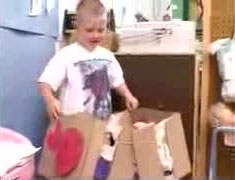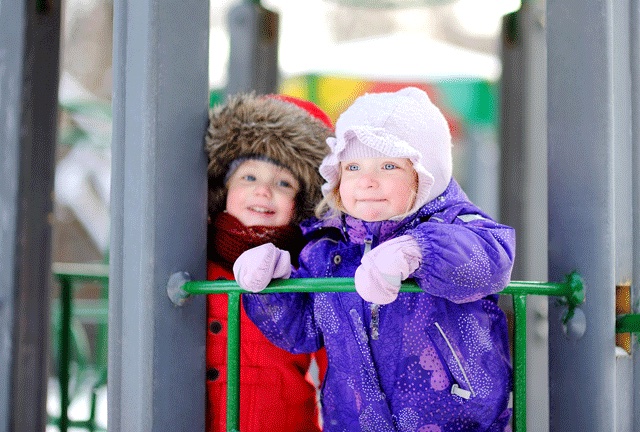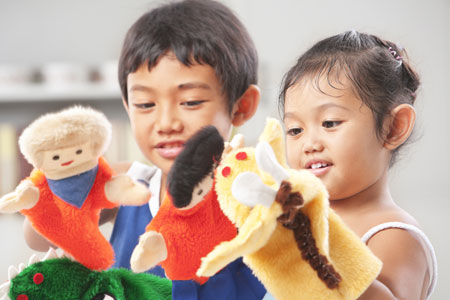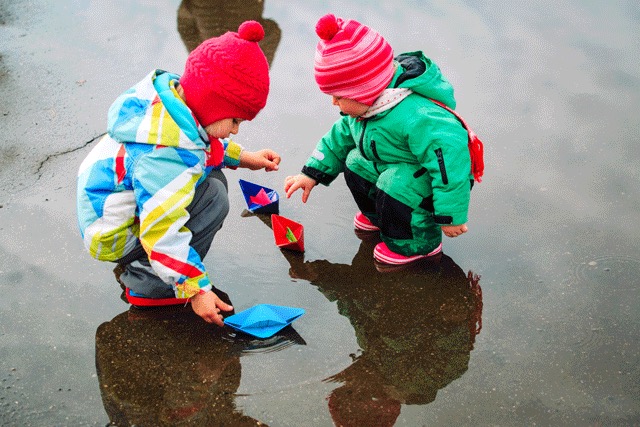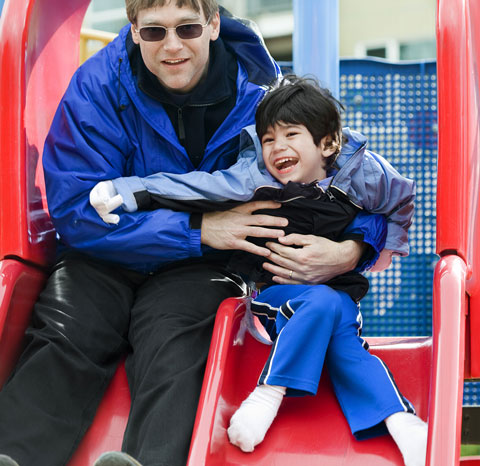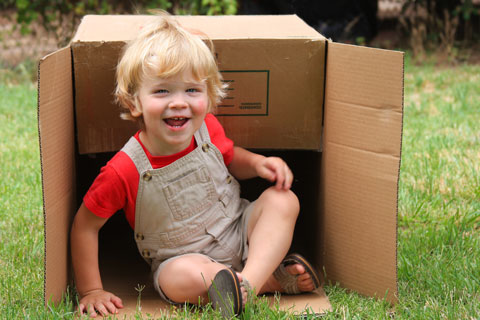Keyword: Play
-
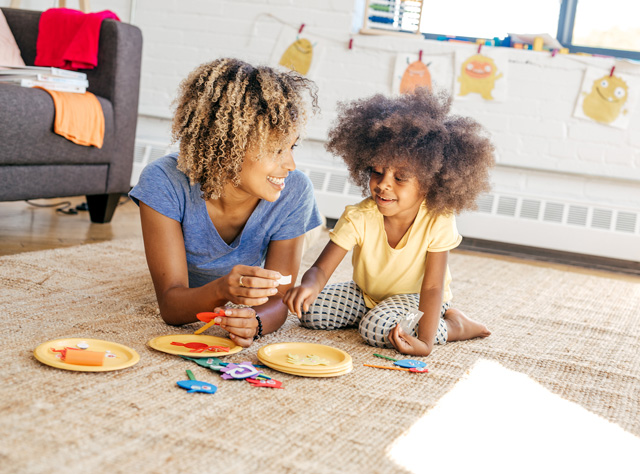
Play Along: Following Your Child’s Interests at Home
Young children love to play. Child-led and open-ended play helps young children develop and learn. Child-led means that the child chooses the activity or the topic and is the leader of the play. Leading play comes naturally to a young child. In this blog, we will describe some strategies for expanding a child’s play in…
-
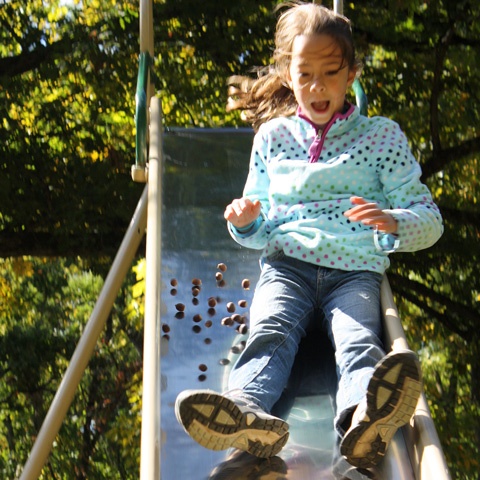
Nature Play: Loose Parts Are the Best Parts
As parents, we tend to focus on how many extracurricular activities our child is doing, thinkingthat the more they do the better their development will be. When chatting with friends, we tend to compare lists of activities as a sign of progress or accomplishment, such as “my child is doing piano lessons, tumbling, and ice…
-
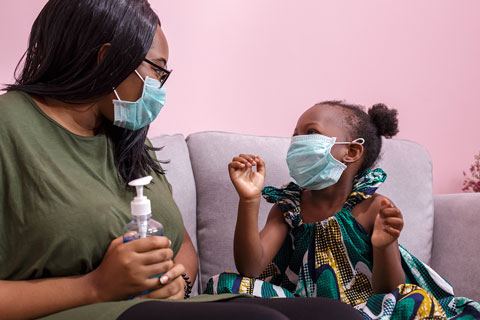
Keep Young Children Learning at Home During Trying Times
Many families with young children are seeking resources about learning at home with young children as the COVID-19 situation evolves in our communities. This is a trying time for programs and families as they work together to keep young children safe, healthy, and learning.
-
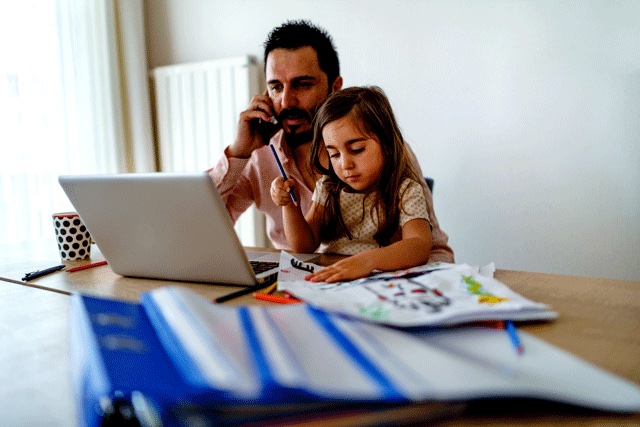
Learning at Home During Trying Times
Many families with young children are seeking resources about learning at home with young children as the COVID 19 situation evolves in our communities. This resource list provides information from the Illinois Early Learning Project and other reliable sources to help during this time.
-
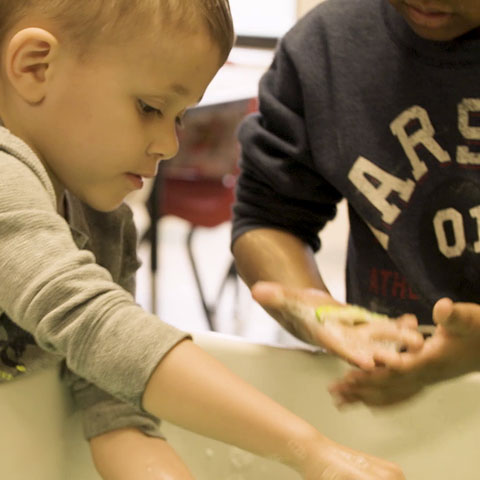
Exploring the Sensory Table
In this video, we watch Cameron and Anthony, both age 4.5 years, as they play at the sensory table in their classroom. Children enjoy exploring materials with their senses. A sensory bin or table is a place teachers can set up opportunities for children to do this type of exploration in the classroom while containing…
-
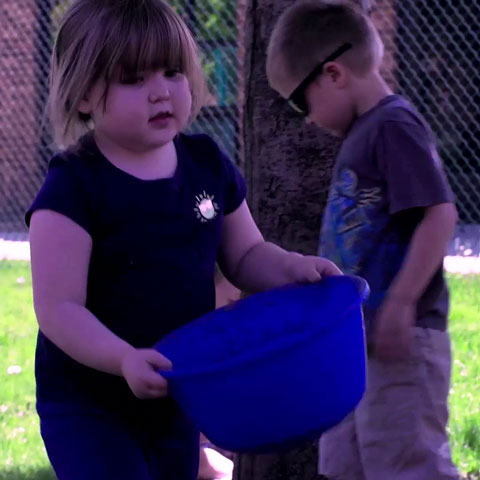
The Blue Bowl
In this video, we see a large blue mixing bowl spark children’s interest and lead to this type of complex play. The children work together in a group to reach a common goal of making “soup” in a bowl. They explore the outdoors and find several materials to put in the blue bowl for their…
-
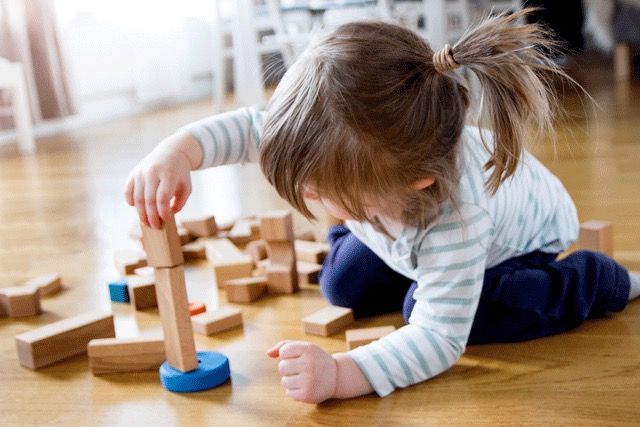
Busy with Blocks (audio)
This podcast, based on a blog written by Dr. Rebecca Swartz, discusses what young children learn from block play. To see the main text of the podcast, you can read the original blog post.
-
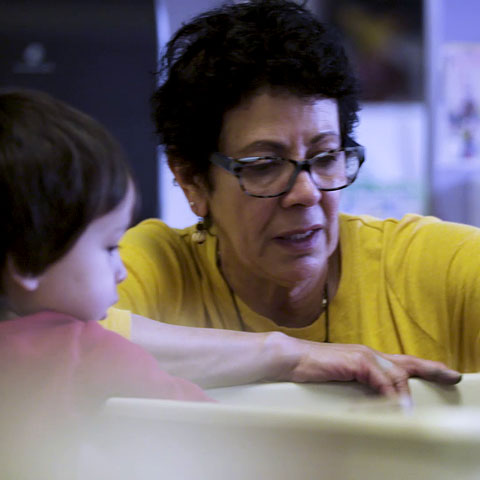
Maybe We Can Make a Road!
In this video, two children are playing at a sensory table filled with gravel, miniature road signs, and toy cars. The teacher introduces two unique words, terrain and yield, to the children as she plays side by side with them.
-

Pass the Ball Versus Pass the Remote: Supporting Preschoolers’ Physical Activity
Nationally we have witnessed increased rates of childhood obesity and the use of technology by young children, which has resulted in less time engaged in physical activity.
-

Five Things Children Gain from Puzzle Play
Puzzle play is a great time to build cognitive and fine motor skills, but it can also be a time to build social, emotional, and language skills when caregivers use time with puzzles thoughtfully. Here are five things children learn through puzzle play.
-

Children’s Play – More than Fun and Games
This list contains a variety of resources which can aid teachers, parents, and caregiver in providing a diverse selection of play options for children which promote skill development.
-

Tech Time! Video Games and Young Children with Special Needs
Don’t start too young. Time spent on video games may be lost active play time and lost opportunities for interactions with parents, siblings, and other people important in your child’s life.
-
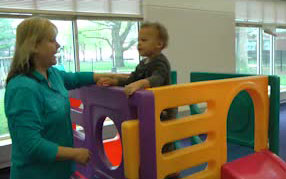
You Made It
This video takes place in the gross motor room of a university laboratory child care and preschool. This room is used for gross-motor activities by all classrooms in the center during inclement weather. Max (21 months) is trying to get up the climber, and the teacher helps him get to the top.
-
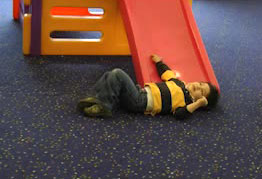
Let’s Get Up
Micah (30 months) is lying on the ground next to the slide. The teacher leans down and teasingly touches both of his hands before lifting him up to his feet. Micah walks over to the corner, picks up a ball, and throws it off-camera to the teacher, who tosses it back. Micah had shown very…
-
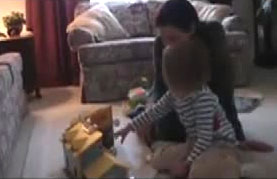
Going Camping
Three-year-old Ellie and her mother are playing with familiar toy family figures, a dollhouse, furniture, and a camper. By listening carefully to what Ellie says as they play, her mother discovers things that she can help Ellie understand in areas such as counting, good manners, and nutrition.
-
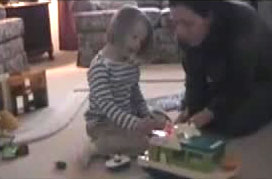
The Doggie and the Shark
In this clip, 3-year-old Ellie and her mother engage in pretend play with small figures and boats. Joining Ellie in pretend play allows her mother to model play skills, extend pretend play, help build vocabulary, and promote problem solving skills.
-

Building with Boxes
For families, flexible play materials have the advantage of usually being inexpensive compared with many other toys. They can be especially appropriate for mixed-age groups of children. Children can use them in ways that suit their interests and abilities.
-

Learning to Get Along with Friends
As children grow into their preschool years, they often want to play with a friend, whether through a play date at home or with a friend at child care/preschool.
-
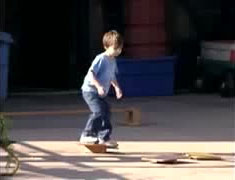
Experimenting with Balance
Playgrounds are part of the early childhood classroom, and thoughtful planning of activities for the playground environment can help children build skills and meet standards.
-
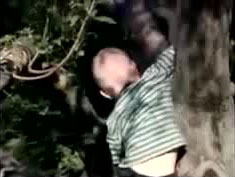
Climbing a Tree
Climbing a tree can be an important accomplishment.
-
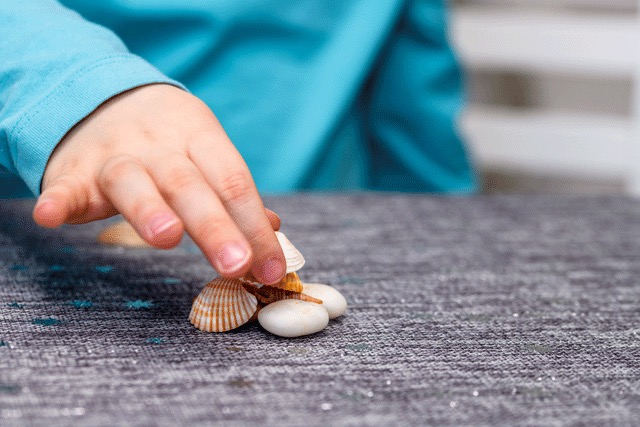
Cherishing Children’s Treasures Can Create Many Opportunities to Learn
Adult definitions of what makes something a treasure may differ from what a child would consider a treasure. Children find treasures everywhere. Some treasures that excite children are sparkly sequins for a craft project, pebbles, pinecones, seeds, beloved toys, or a tattered blanket. The items that capture the attention of children may be different than…
-
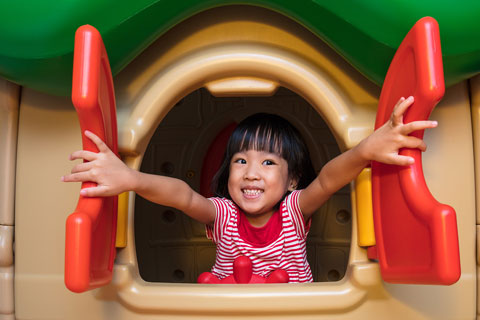
Time to Play, Time to Dream: Unscheduling Your Child
Would you be surprised to find your child’s day is as hectic as your own?
-
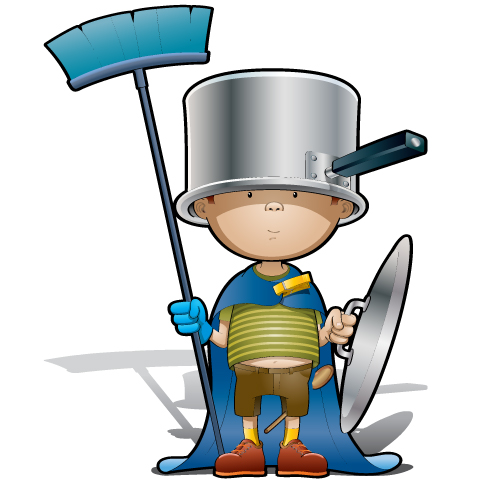
Play With Your Toddler—Indoors
Turn off the screens! Get moving with your toddler.
-
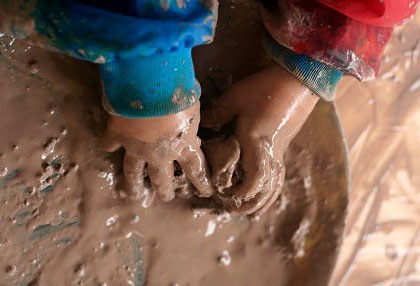
“Mud-Luscious”: Some Thoughts on Messy Play
Having a designated time for messy play, such as International Mud Day, seems like a good way to raise global and community-wide awareness of how children benefit from that sort of experience.
-
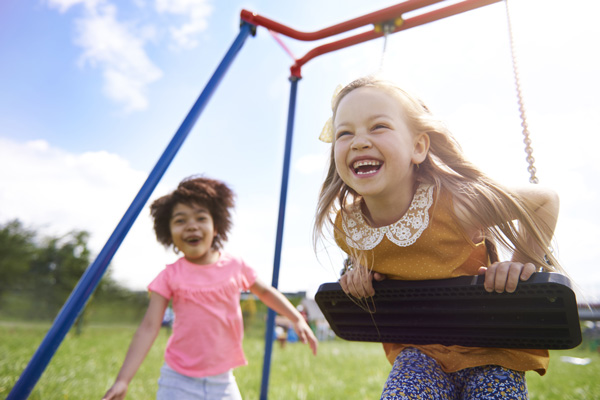
Active Play Promotes Young Children’s Development
Active play provides opportunities for children to link their physical movements with the new words they are learning.
-
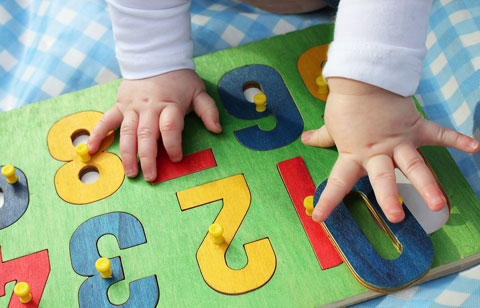
Age-Appropriate Play for Young Children
Children and play go together. Play has a central place in childhood.
-
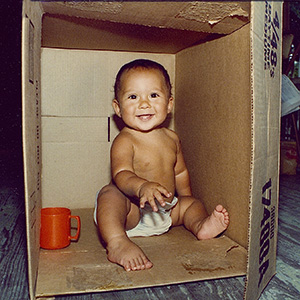
Science Play with an Award-winning Toy
Generations of children have played with cardboard boxes. Many families have stories along the lines of “We got him [name of a popular toy], but he liked the box better.”
-

Make Room for Blocks!
Countless toys talk or beep or flash. But don’t forget to make time and room for blocks!
-

Games for All Young Children
Play and laughter can help develop friendship while encouraging physical fitness.
-
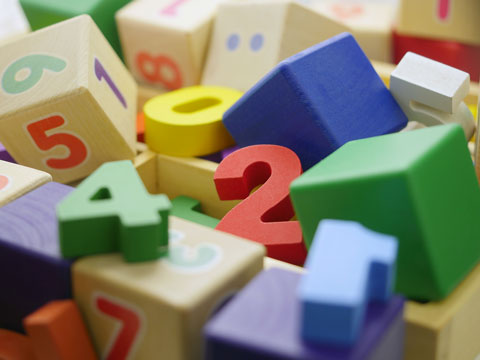
Learning Math Through Games
Playing active games is fun for most children, and it can build a strong sense of community in a classroom.
-

Organized Sports and Young Children
Here are some questions to ask before you enroll your preschooler in a sports program.

